When your partner decides to leave a committed relationship, leaving you to ponder over the reasons. Sadly, most intimate relationships end unevenly. Too often, one partner wants out, while the other is still attached.
No matter what the circumstances or causes, unrequited love for the person left behind is a painful and deeply distressing experience. That grief can be worsened when the reasons are given for leaving the relationship simply don’t ring true.
It leaves the abandoned partner befuddled and confused, filled with unanswerable questions:
What happened?
Why didn’t I see it coming?
Why didn’t I believe it could happen?
In my 40-plus years of counseling people through relationship breakups, I have faced many of these grieving partners.
Most had some idea that the relationship was faltering, but didn’t anticipate or predict an end game. Sure, there were some conflicts, but they just didn’t seem that serious.
From their vantage points, the make-ups still seemed adequate, and the benefits clearly outweighed the costs.
Listening to their stories, I have felt both compassion for their distress and sadness at their confusion. I wondered why they’d seemed so unprepared for the ending.
Their reasoning was that they truly believed the love between them was still basically secure and didn’t get that the relationship was over until their partners actually walked out.
They were, in fact, totally confused.
Read 7 Common Relationship Problems And Simple Ways To Fix Them
Searching for answers, they come into therapy asking if I can help them gain some sanity as to why their partners left. They want to let go and move on, but can’t resolve their grief, because they don’t know what to let go of.
As a relationship therapist for over 40 years, I have also been on the other end of the partners who chose to leave.
Because of those many exposures, I can often help the partners left behind by sharing what other partners have told me as to why they left or leave a committed relationship.
If you are one of those devoted partners who have faced this kind of unexpected and unpredictable abandonment, I hope I can help.
From the generic pool of information given to me by the men and women who have left a partner behind, I’ve accumulated the following ten most common reasons why people decide to leave a committed relationship.
They certainly do not cover all of the possible explanations but do encapsulate the core of those motivations and decisions.
10 reasons, people decide to leave a committed relationship.
1. Affairs
The most common reason that a partner leaves a relationship is because he or she has connected with a new love interest.
More than half of the couples I see in therapy come in, because one or the other has been unfaithful.
Initially, most of the straying partners deny, avoid, or even challenge the obvious truth with outrage. Eventually, the evidence usually emerges, and the couple must face that crisis.
Unless the affair has been long ongoing, most couples initially choose to try to make their relationship work, but the specter of lost trust can severely impair the outcome.
Read The 5 Stages of Love: Why Too Many Stop at Stage 3
2. Boredom
Though many people don’t realize it, relationship security and comfort does not always bring happiness to both partners.
When intimate partners know so much about one another that they can accurately predict the other partner’s every thought, feeling, and reaction, they may concurrently lose the excitement of discovery. This is one of the main reasons why people decide to leave a committed relationship.
Often, it is only one partner who begins to feel bored, but doesn’t want to hurt the other by admitting it.
After all, he or she co-created the security they share and should not be complaining if constraints come with the package.
They experience restlessness and desire at the same time as guilt and embarrassment for it no longer being enough.
3. Battle Fatigue
Continuing and constant disputes will wear down any relationship. Too often, though, only one partner is destabilized enough from them to want out.
Some people are just able to tolerate tension better than others.
Repeated and unresolved arguments most often result in cumulative emotional scarring that is often not as evident on the outside as the damage they cause to the relationship core.
The final straw tips the scale for one partner, even if the other is still willing to fight it out.
4. One Too Many Crises
No matter how many good qualities exist within it, any relationship will eventually fall apart if the partners face too many traumatic challenges, and they affect each differently.
Financial losses, physical or emotional illness, deaths, geographical changes, sexual dysfunction, problems with children, family pressures, new career demands, or even crises of faith can take one partner down while the other is still intact.
Some couples have multiple challenges, sometimes without the opportunity to re balance and regenerate.
One partner may blame the other, become too needy, or become too exhausted to keep up his or her end, feeling that they have to get out to save themselves.
Read 14 Reasons Why She Finally Walked Away
5. Changing Dreams and Goals
When partners first commit, they most often share similar dreams and goals. Sadly, those initial common desires can change for one partner, while the other is still attached to them.
If, however, over time, one partner finds that his or her original goals and dreams have shifted and no longer are mutual, that difference can create a crisis of faith.
People can change their religious beliefs, relationship expectations, social groups, political views, family commitments, careers, sexual needs, parenting styles, choice of resource distribution, and how conflicts should be resolved.
When couples have good communication, and their love is intact, those differences can create a positive challenge that can alter and improve the relationship.
More often, sadly, one of the partners cannot live by those new choices and leaves to pursue his or her new dreams.
Read Love Sometimes Requires Letting Go
6. Disappointments and Disillusionment
When people are first in love, they believe in, and fully support, each other’s possibilities and are quick to forgive errors.
They have faith in the relationship’s capacity to overcome any problems within or between them.
More commonly, one or both partners will eventually face behaviors in the other that become too hard to deal with.
The feeling that the “relationship is mostly great” changes to “I can’t live with this.”
That issue, if unchangeable, becomes a deal-breaker for one of the partners.
Most couples try hard to work around these potential “disconnects” if they can, but previously patient partners may have less wiggle room over time.
Situations and behaviors that they could once endure are now too difficult to keep experiencing.
The partners who have been easily forgiven for those thoughts, feelings, or behaviors in the past, may not see that there is a cumulative emotional credit card accruing.
At some point, one of the partners may have “had it,” and is no longer willing to do what was once promised.
7. Needing Aloneness
Though this is not as common a reason why some partners leave relationships, I have heard this story often enough to share it.
There are times when people make initial commitments with all of their hearts, and fully intend to carry them out forever.
But for whatever reason, their lives turn inside-out or upside-down, and they feel they need to separate out from everything they’ve known before and to independently redesign their lives.
These unexpected hungers for autonomous and complete transformation often happen after devastating loss or painful exposure to trauma.
Sometimes the partner needing to be alone is humiliated by something that has happened, or some other realization takes them down.
Perhaps they don’t feel worthy, because they are no longer able to provide as they did before. They may even develop physical liabilities that make them feel unable to continue as they were before.
Sometimes, they feel an urgent need to seek a spiritual path. The partner left behind cannot understand why he or she is not good enough to be invited on the journey.
They cannot fathom why aloneness is better than a partnership.
Read I’ll Fight For You Till I Can, But Once I Walk Away From You, Consider Me Gone
8. Running From Maturity
Though this section is not meant to embarrass or humiliate those that leave for this reason, there are some people who fully intend to “grow up” within their committed partnership and then, sometime later, realize that the responsibilities of a life-long relationship are too much for them.
There are people who willingly and intentionally commit to a relationship with the full knowledge they would eventually take on financial liabilities, children, have to make compromising career choices, and commit to a monogamous sexual relationship.
And though they fully meant it when they promised that life to another, they later feel entrapped by their premature promises.
These people may be fearful of growing up because it feels like being stuck and limited.
As their partner is fully able to embrace those mature passages of life, they feel more and more constrained.
They want to return to an earlier time in their lives when they were free to go whichever way they wanted.
9. Wanting More
As relationships mature, many intimate partners find themselves seeking new adventures away from their primary partnership.
They once ached to share everything with each other, but now find that home is a place to refuel rather than regenerate and discover.
The relationship has gone from a haven to a place to just refuel.
These partners may have formed a comfortable and rewarding friendship, but it is no longer exciting or challenging. They love and respect each other, but one of them is feeling the need for greater adventure.
Many times, these feelings occur in mid-life and are seen as a common temporary crisis, but they can actually happen at any time.
One partner has settled into a relationship he or she feels deeply content within, while the other cannot live anymore within the relationship’s lock-ins.
10. A Mistake From the Beginning?
Sadly, many partners who leave relationships tell me that, looking back, they knew the relationship was a mistake from the beginning.
They committed nonetheless for many reasons. Perhaps they were caught up in the excitement of the moment. Maybe they just couldn’t disappoint the people they had committed to.
Sometimes they were pushed by friends who saw more than what was there.
Trying to deny their internal conflicts and to act with integrity, they did everything they could to “make it work,” while simultaneously knowing that they were not into the relationship and maybe never had been.
As the normal challenges to any relationship accumulate, these regretful partners feel an increasing need to bolt. At some point, often without the other partner having ever suspected, they feel imprisoned and are unable to stay.
I always ask those who felt they had to end an ongoing relationship with why they did not tell their partners what they were feeling before it was “too late.”
The two most common responses are that they either didn’t fight for change early enough and now cannot recreate their devotion, or that they did try to improve the relationship, but felt that their partners couldn’t, or wouldn’t, listen or want to change.
Caveat:
It is important to note that even wonderful relationships can end if their “time is up.” I’ve been with partners who once were everything to each other, but realized that one or both were ready to move on.
They’d been open, honest, and authentic from the beginning of their partnership, and neither would ever want the other to stay with them if they would be more alive and content somewhere else.
They honour and respect each other and the relationship enough not to hold onto something that no longer works for either of them.
Yes, there is grief when these relationships end, but it is shared and processed together.
The partner who was still content is understandably sad, but not bewildered or destroyed.
Written by Randi Gunther Ph.D.
Originally appeared in Psychology Today
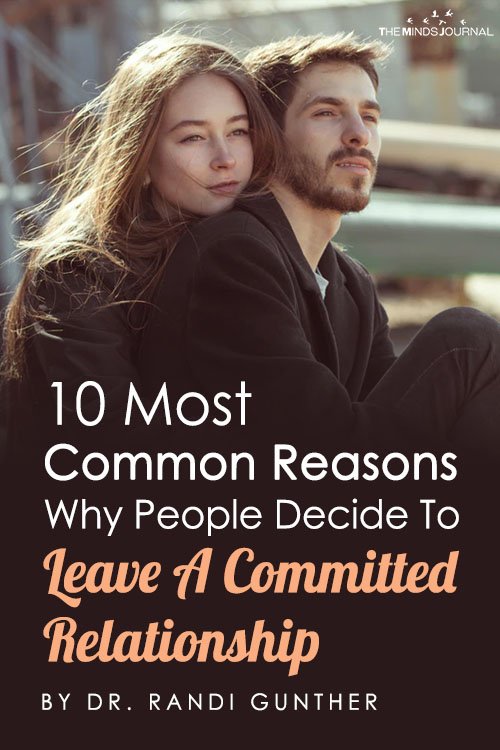
10 Most Common Reasons Why People Decide To Leave A Committed Relationship


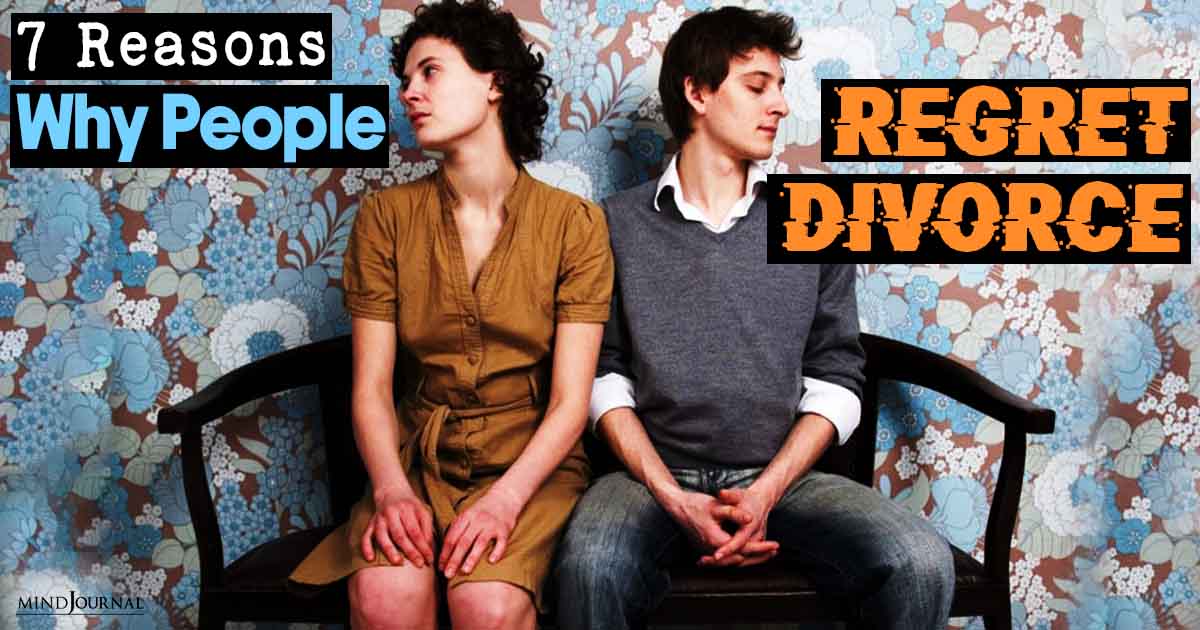
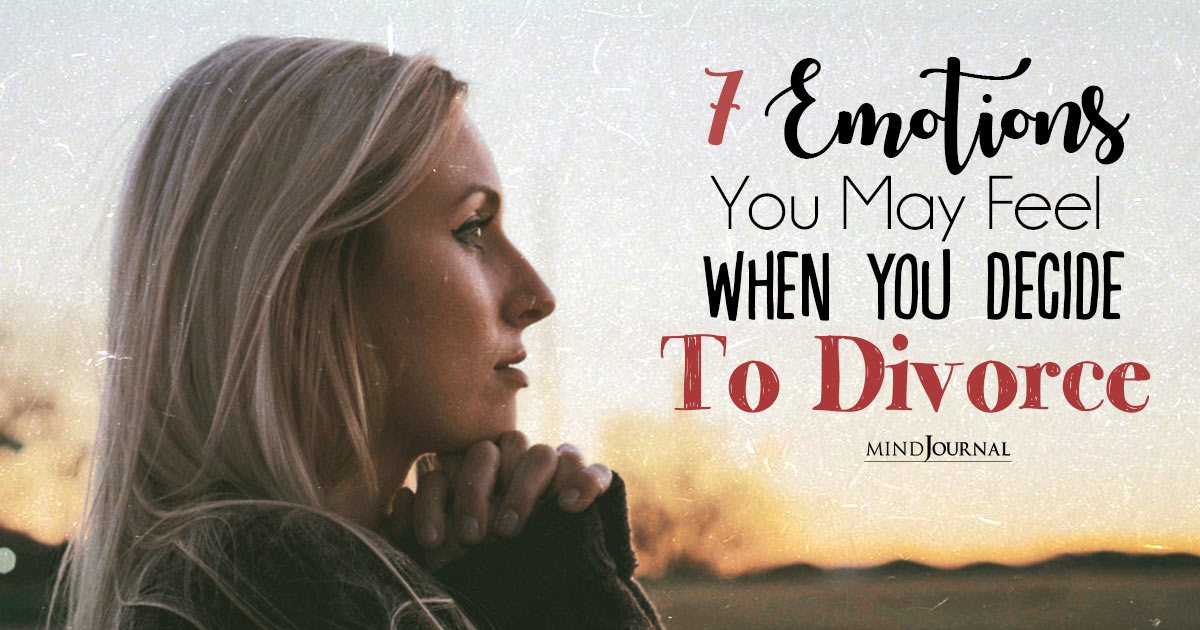
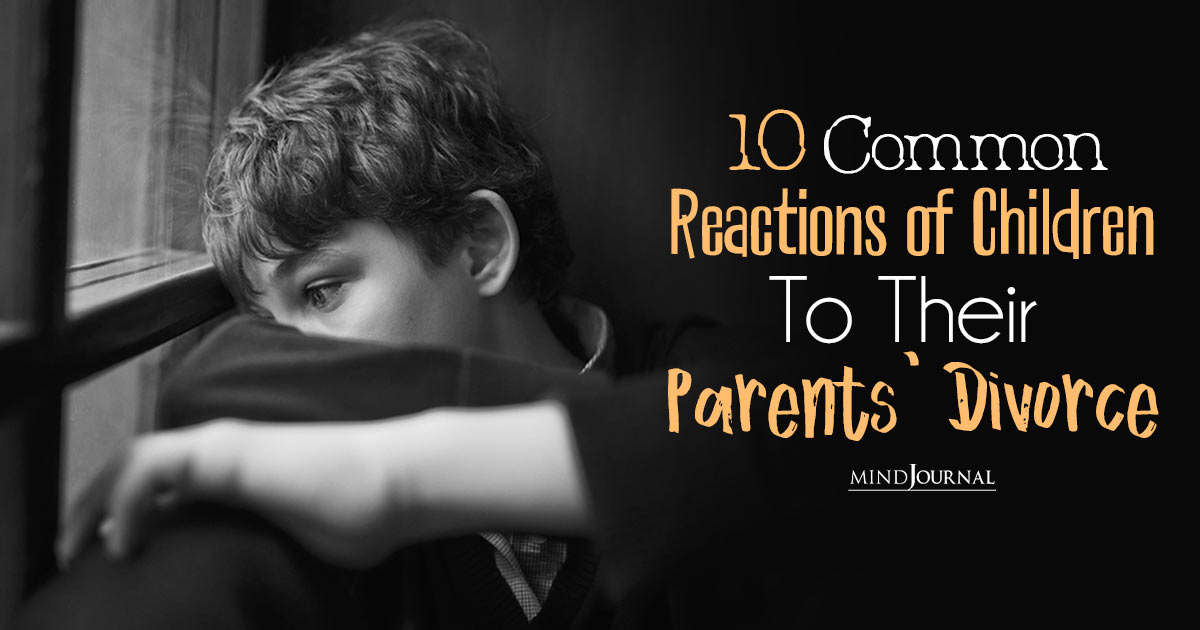
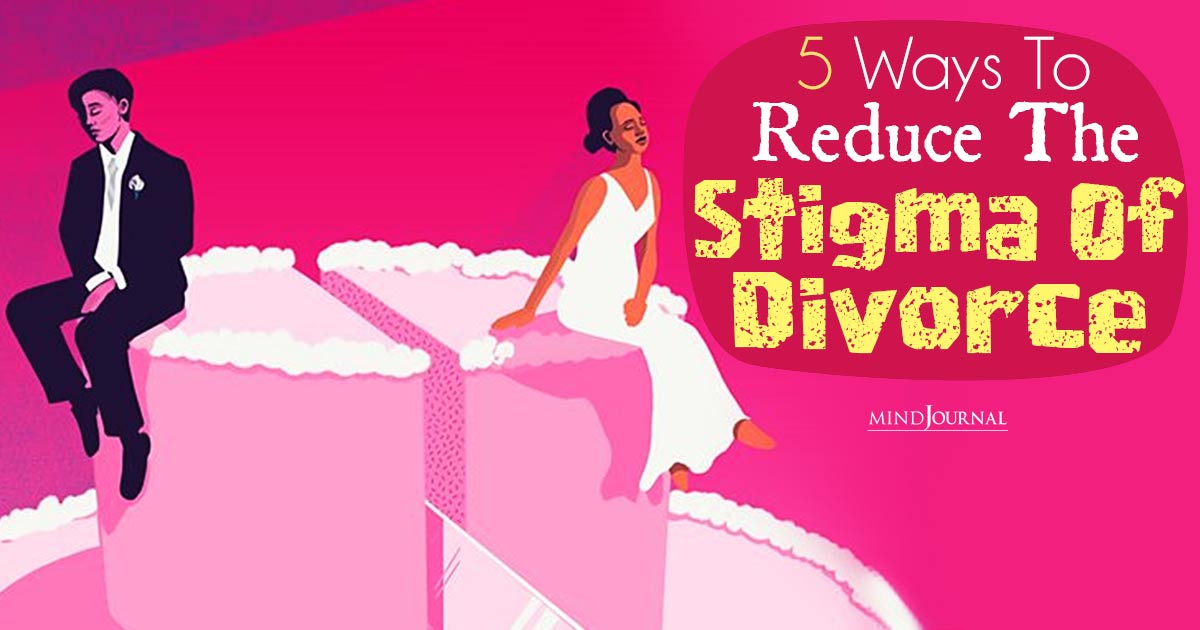

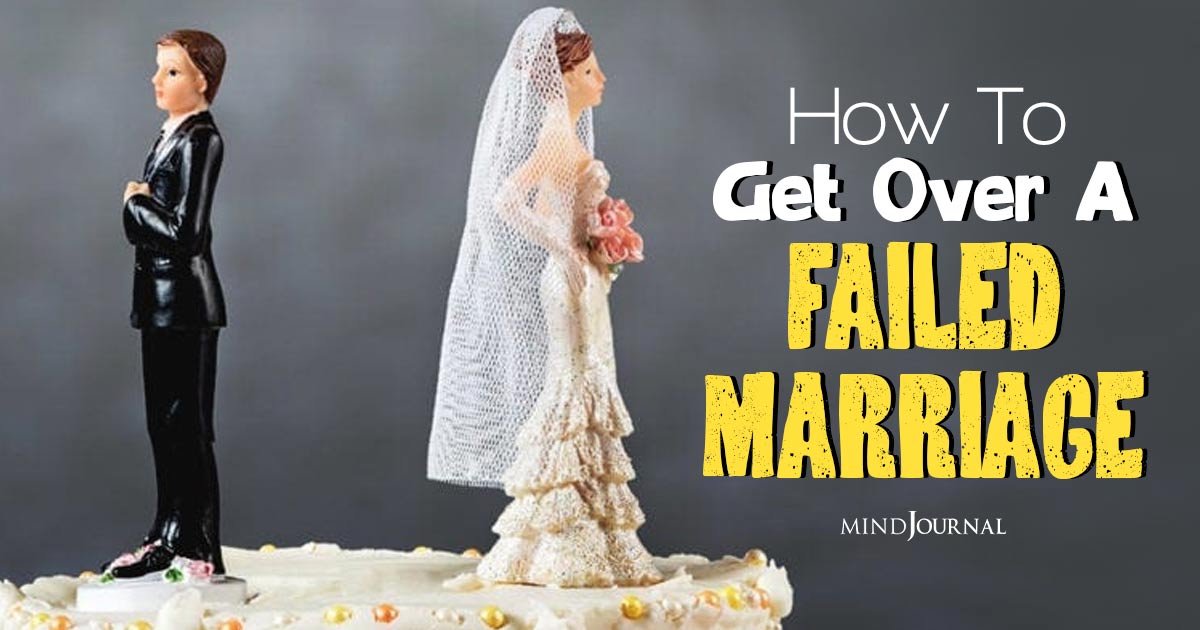
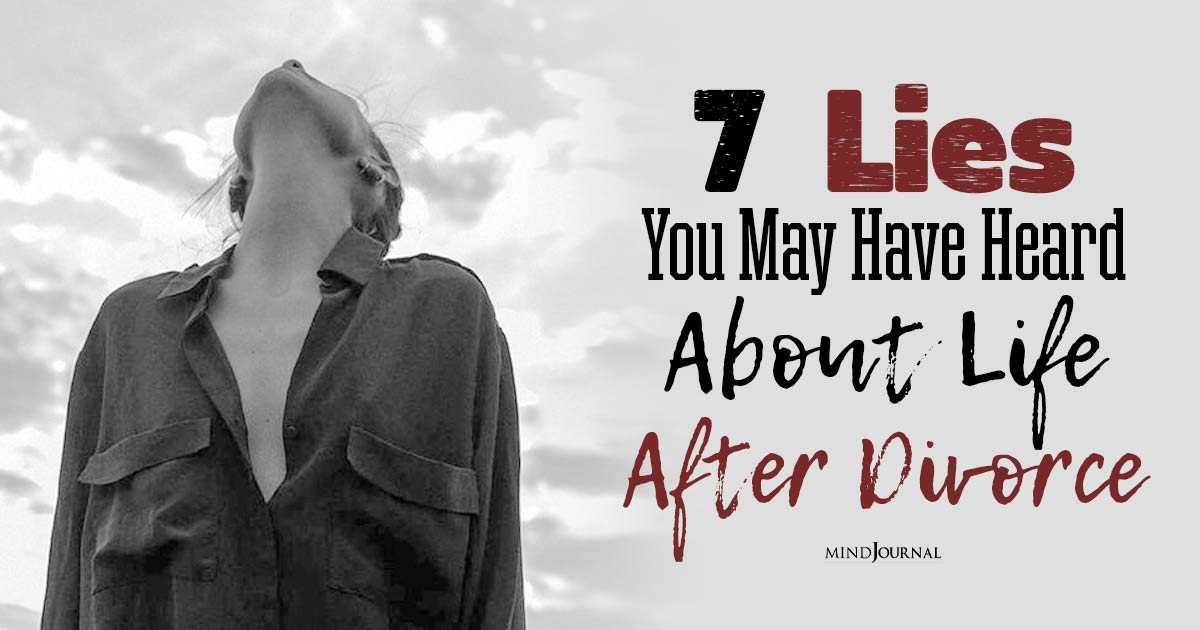
Leave a Reply
You must be logged in to post a comment.